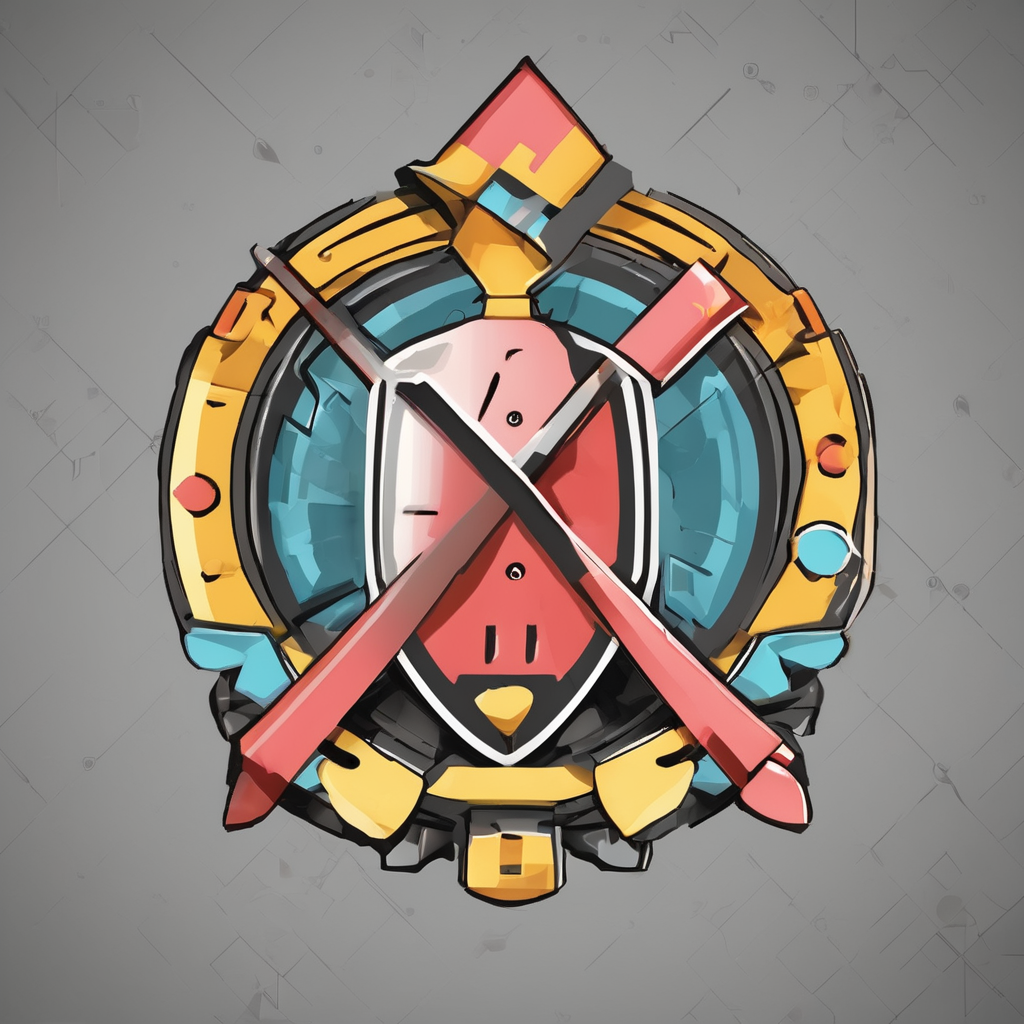Understanding DAOs and Their Security Challenges
Decentralized Autonomous Organizations (DAOs) have revolutionised how groups coordinate and manage decisions, enabling shared governance without traditional hierarchy. Security challenges, however, pose significant threats to their functionality and trust. These digital collectives rely on smart contracts and blockchain technology to operate autonomously, yet they are not immune to risks.
Vulnerabilities in DAOs often stem from coding errors or exploits within smart contracts. Such vulnerabilities can be leveraged by malicious actors to siphon funds or disrupt operations. The infamous DAO hack in 2016 demonstrated the severe consequences these vulnerabilities can have, leading to significant financial loss and eroding trust among stakeholders.
Have you seen this : Developing an Instantaneous Fraud Detection AI for Boosting E-Commerce Success
The lack of central authority can exacerbate security issues, making mitigation strategies complex. Maintaining the security of DAOs requires constant vigilance and robust protocol design. Furthermore, common vulnerabilities like attacks on voting mechanisms or consensus manipulation can undermine the decentralised security structure.
In essence, identifying and addressing security challenges is crucial for the sustainable growth of DAOs. A robust security framework enhances both functionality and trust, enabling these organisations to thrive in the evolving digital landscape. As DAOs integrate further into mainstream operations, addressing these vulnerabilities becomes paramount.
Additional reading : Harnessing Multilingual AI Chatbots: Essential Tactics for Peak Performance
The Role of Blockchain Technology in Securing DAOs
Blockchain technology is the bedrock of security mechanisms in DAOs, ensuring data integrity and transparency. Each action within a DAO is recorded on an immutable ledger, providing a clear audit trail for stakeholders. This decentralized security model significantly reduces the risk of tampering, as any modification requires consensus across a distributed network.
Decentralization offers a robust security advantage by dispersing control. Unlike traditional systems with a central authority, DAOs mitigate single points of failure, making them resilient to attacks. This layer of protection is crucial for maintaining trust among members, as decision-making is transparent and verifiable.
Smart contracts serve as automated security measures, executing predefined actions without human intervention. By eliminating manual processes, smart contracts minimize errors and reduce vulnerabilities associated with human oversight. They are programmed to enforce rules and facilitate transactions, ensuring compliance and security within DAOs.
Security layers embedded in blockchain technology form the backbone of protection for DAOs. However, while these innovations provide strong security foundations, they do not eliminate all challenges. Continued advancements and vigilance in security mechanisms are essential to adapt to emerging threats, ensuring DAOs remain secure and trustworthy.
Security Protocols Implemented in DAOs
In the complex ecosystem of Decentralized Autonomous Organizations (DAOs), robust security protocols are integral to maintaining integrity and trust. These protocols are structured to address specific vulnerabilities inherent in decentralized systems, forming a defensive architecture against threats.
A key component of DAO security is the implementation of consensus mechanisms. These mechanisms ensure all transactions and changes undergo collective validation, reducing the risk of unilateral tampering. By requiring majority agreement for critical actions, consensus mechanisms bolster security and foster democratic governance.
Governance models in DAOs are also pivotal for security. Effective models allocate resources and decision-making power responsibly, aligning with the organisation’s objectives. Transparent processes within governance frameworks help fortify trust and accountability among stakeholders.
Common security protocols involve regular code audits and updates, assessing smart contracts for potential exploits continually. Enhanced by comprehensive risk assessments, these measures aim to proactively identify and mitigate potential threats before they manifest.
DAOs that adhere to structured security protocols and efficient governance models stand a better chance of withstanding cyber threats. Such meticulous approaches to security ensure that DAOs not only persist but thrive in an ever-evolving digital landscape.
Risk Management Strategies for DAOs
Effective risk management is paramount for the sustainability and security of DAOs. Identifying specific risks unique to DAOs is a crucial first step. These risks often include smart contract vulnerabilities, governance manipulation, and operational failures. Without appropriate mitigation strategies, such threats can undermine both security and trust.
Mitigation strategies must be proactive and tailored to the DAO’s architecture. This includes regular code audits, which play a vital role in maintaining smart contract integrity by uncovering potential vulnerabilities. They ensure that the code remains robust against attacks and that any issues can be addressed promptly.
Continuous threat assessment is integral, as it allows DAOs to anticipate and prepare for evolving security challenges. By regularly evaluating potential threats, DAOs can adapt their strategies to remain resilient. This involves not only technical assessments but also engaging with community feedback to uncover unanticipated risks.
Effective risk management enhances the overall stability and resilience of DAOs. By employing a combination of regular audits, stakeholder engagement, and continuous monitoring, DAOs can ensure robust security. This proactive approach is essential for building trust and ensuring the seamless operation of decentralized governance systems.
Case Studies of Successful DAO Security Implementations
In examining successful cases, notable Decentralized Autonomous Organizations (DAOs) have shown robust security protocols. These case studies highlight the best practices that can serve as benchmarks for other DAOs striving for security success.
One prominent example is MakerDAO, which has excelled in establishing a resilient security framework. By integrating continuous audits and a proactive governance structure, MakerDAO effectively mitigates potential threats. Their transparent protocols ensure all stakeholders can verify compliance and risk management strategies, bolstering trust and system integrity.
Another exemplary DAO is Aave, which employs smart contracts programmed for decentralized security. Aave’s approach includes regular updates and community-driven feedback loops, allowing them to adapt swiftly to emerging threats. This agility in security procedures emphasises the need for a dynamic response to changing conditions.
The lessons gleaned from these security success stories underscore the significance of implementing comprehensive risk assessments and fostering community involvement. Such initiatives not only protect against vulnerabilities but also enhance trust and functionality within the ecosystem.
By studying these successful implementations, other DAOs can glean actionable insights, fortifying their own security measures and paving the way for a more secure decentralized future.
Best Practices for Implementing Security Measures in DAOs
Implementing effective security measures in Decentralized Autonomous Organizations (DAOs) requires a blend of technical prowess and community engagement. Developing a security-first culture is crucial, where awareness and proactive measures form the backbone of security protocols.
-
Technical Measures: Regular audits and updates of smart contracts are fundamental. These practices ensure that vulnerabilities are promptly identified and rectified. Emphasising a robust code audit process can prevent security breaches before they occur, enhancing the overall resilience of the DAO.
-
Community Involvement: Engaging stakeholders in security processes increases organisational trust and transparency. By fostering open dialogues and incorporating community feedback, DAOs can uncover potential risks and tailor solutions that are both effective and collaborative.
-
Proactive Measures: A forward-thinking approach to security implementation involves anticipating potential threats and adapting strategies accordingly. This includes continuous threat assessments and maintaining a flexible framework capable of evolving with new challenges.
By integrating these best practices, DAOs can not only address existing security challenges but also pave the way for a secure and efficient governance model. Embracing a comprehensive security strategy is essential for fostering trust and ensuring the long-term sustainability of these innovative organisations.
Future Trends in DAO Security and Blockchain Technology
In the rapidly evolving landscape of Decentralized Autonomous Organizations (DAOs), staying abreast of future trends is essential. These trends encompass evolving technologies and the continuous advancement of security mechanisms. As blockchain technology progresses, its impact on the security infrastructure of DAOs becomes increasingly significant.
Emerging technologies, such as quantum computing, are predicted to reshape the security landscape. This technology could potentially break traditional cryptographic methods, necessitating new encryption strategies to safeguard data integrity.
Furthermore, the integration of artificial intelligence into blockchain networks offers prospects for enhanced automation and predictive security analysis. AI can help identify potential threats by learning from past cyber incidents, allowing DAOs to adopt mitigation strategies proactively.
Decentralization itself will undergo transformations, with increased emphasis on hybrid models combining on-chain and off-chain elements to bolster scalability and security. These hybrid approaches could provide the best of both worlds: the security certainty of decentralised systems and the flexibility of traditional methods.
Adapting security protocols to incorporate these technological advancements ensures DAOs remain effective and trustworthy. Keeping pace with technological development is not just beneficial but vital for maintaining robust security and fostering trust within these digital communities.











